5 Games With Long Development Cycles That Were Worth The Wait (& 5 That Still Needed More Time)
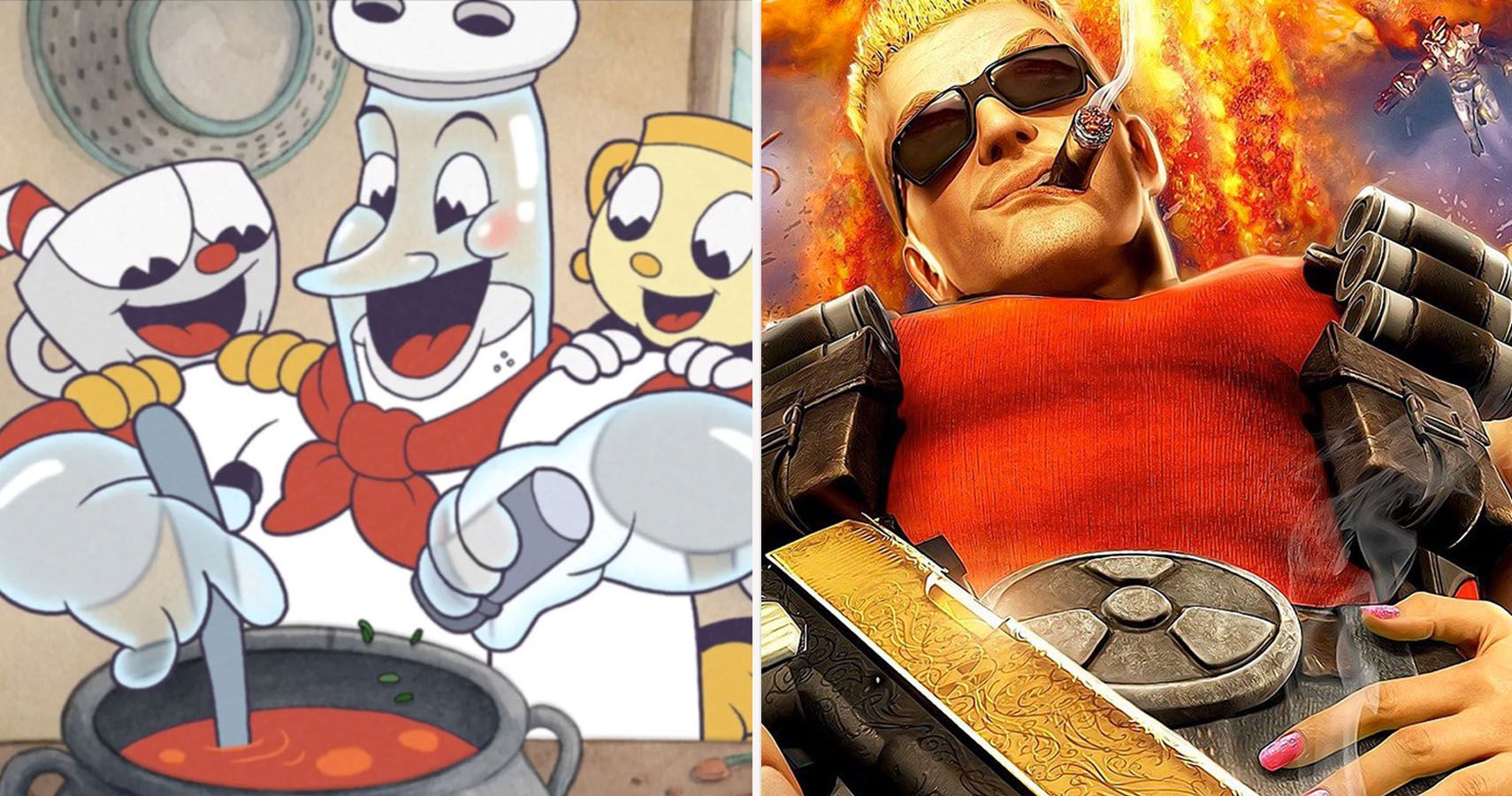
Development hell is a term gamers know all too well. An exciting new project comes along, it's announced a little pre-maturely, and eventually, the game is delayed. It's part of a natural cycle that most of us are accustomed to at this point, however, sometimes development takes longer than initially planned.
Maybe it's because of a change in hardware, or maybe the developers changed direction, regardless, it sucks as a consumer, even if we understand it is necessary at times. With that said, most of the time the wait is worth it. Players are given everything they could hope for and we're given countless hours of joy. Sometimes, however, a game is released even if it isn't ready. We want to look at both sides of the coin today.
10 Worth It: Cuphead
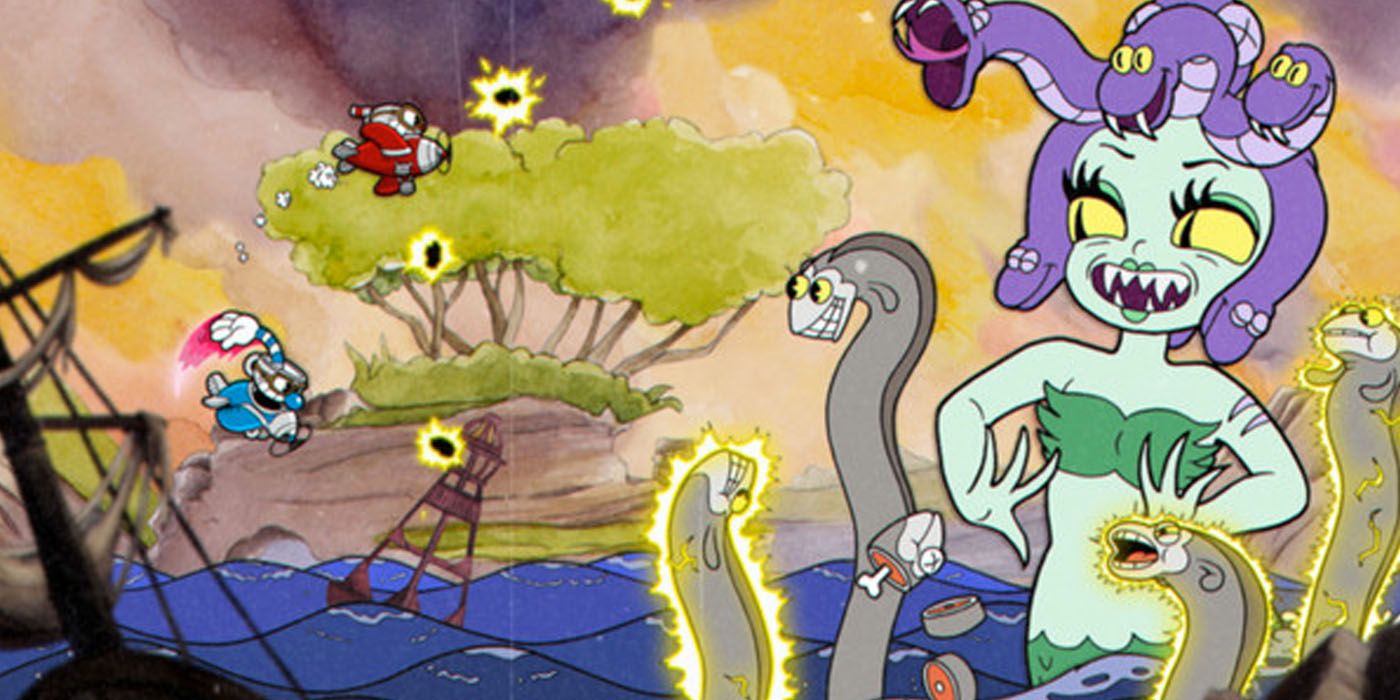
Developed by Studio MDHR initially for the Xbox One, Cuphead caught the attention of the gaming world for its promise of Mega Man-inspired difficulty and early Disney-like animation. Since its release in 2017, players have jumped on the bandwagon as the game was ported to the PC and Switch, but what some fans may not realize is that it took a while to make.
The initial concept of Cuphead was dreamed up in 2010 when the brains behind the game, Chad and Jared Moldenhauer, were still holding down jobs outside of developing this title. It took seven years for the game to release, but it was worth the wait.
9 More Time: Daikatana

For modern times, John Romero's follow-up to Doom and Quake, Daikatana, had a short development cycle. Announced in 1997, the game released in 2000, meaning it only took three years to make. That's not bad for a modern game with massive open worlds and stunning visuals. However, for the late 1990s and early 2000s, it was a long wait. In fact, if we compare it to Quake's six-month development cycle, it's clear that this game faced serious delays.
To make matters worse, when it finally released, Daikatana was an absolute disappointment. With poor controls, bad design decisions, and an outdated game style, it was disliked by players and critics alike.
8 Worth It: Diablo III
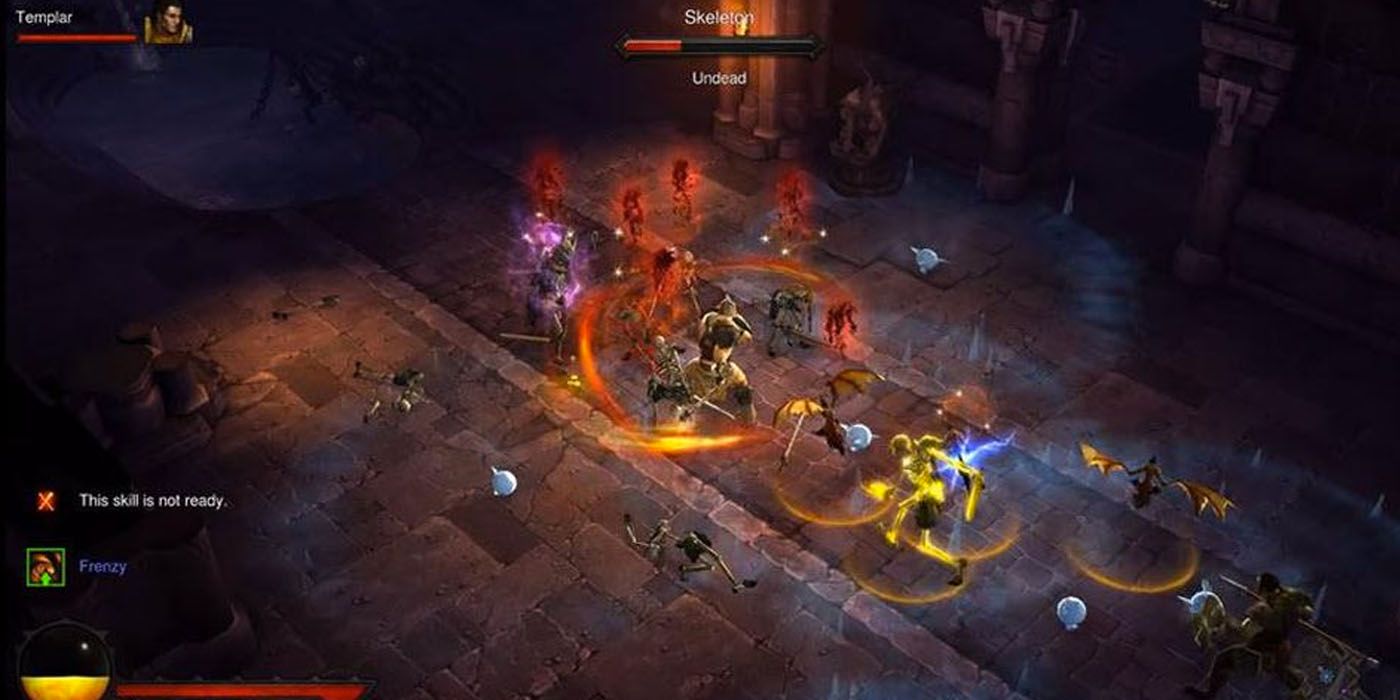
They say great things take time, and Diablo III is proof of just that. Blizzard's 2012 game started development in 2001, following the success of the game's predecessor.
The result was something that appeased both long-time fans and those new to the series by staying true to the franchise's dungeon crawling, loot-based system, while adding some much-needed quality of life updates that were needed in the decade between sequels. The game was so popular, in fact, that it essentially revived the franchise, making it more popular than ever, eventually leading it to multiple expansions, ports, and updates.
7 More Time: Too Human
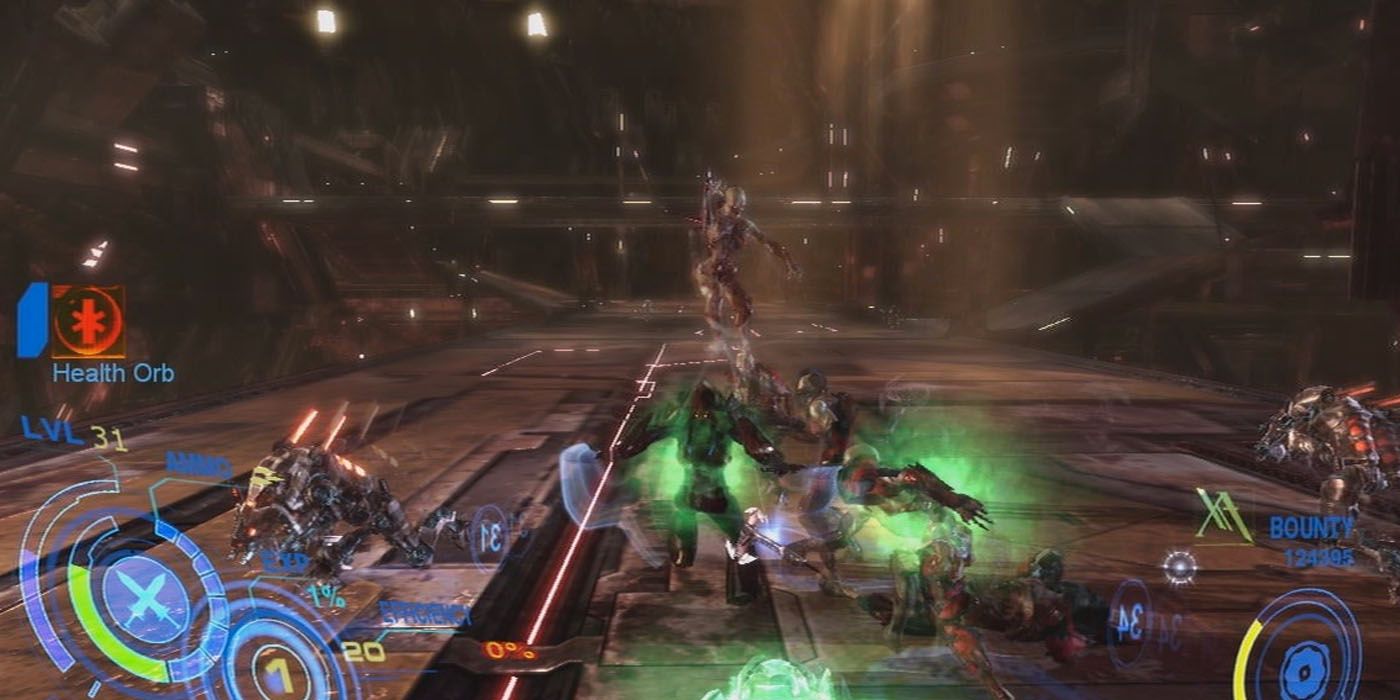
Silicon Knights' action RPG was intended to release on the original PlayStation, however, development later moved to the Nintendo GameCube before the game finally ended up on the Xbox 360. That's right, this game's development cycle spanned three console generations, lasting nine years.
That's a long wait, and for those who were excited for the title's 2008 release were probably disappointed as Too Human was plagued with issues from the title's weird combat system, to annoyingly long death animations, and general glitches.
6 Worth It: StarCraft II: Wings Of Liberty
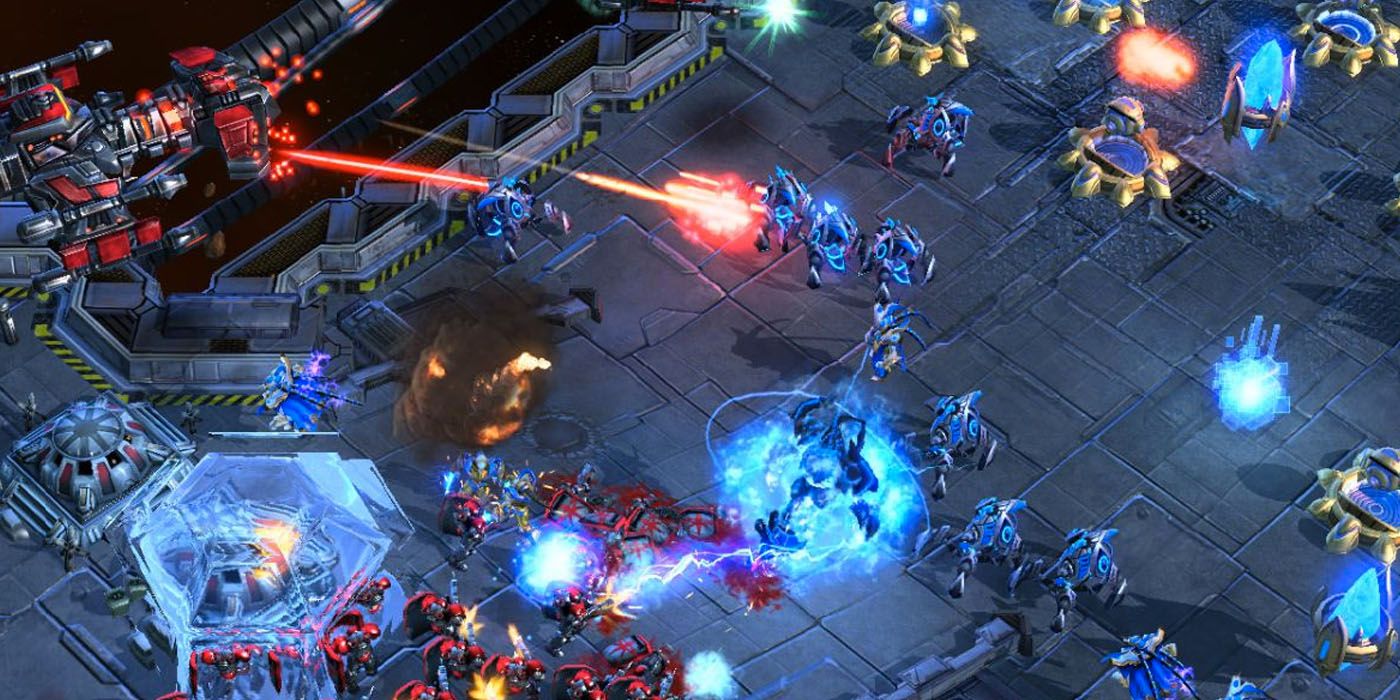
According to reports, Blizzard's 2010 hit StarCraft II: Wings of Liberty started development in 2003, not long after Warcraft III: The Frozen Throne before entering full-production in 2004.
While that's a long wait, especially when the first game in the franchise launched in 1998, it's hard to find someone who will say it wasn't worth it. As a quality sequel to a beloved franchise, StarCraft II: Wings of Liberty essentially revived the series, and we couldn't be happier.
5 More Time: Anthem
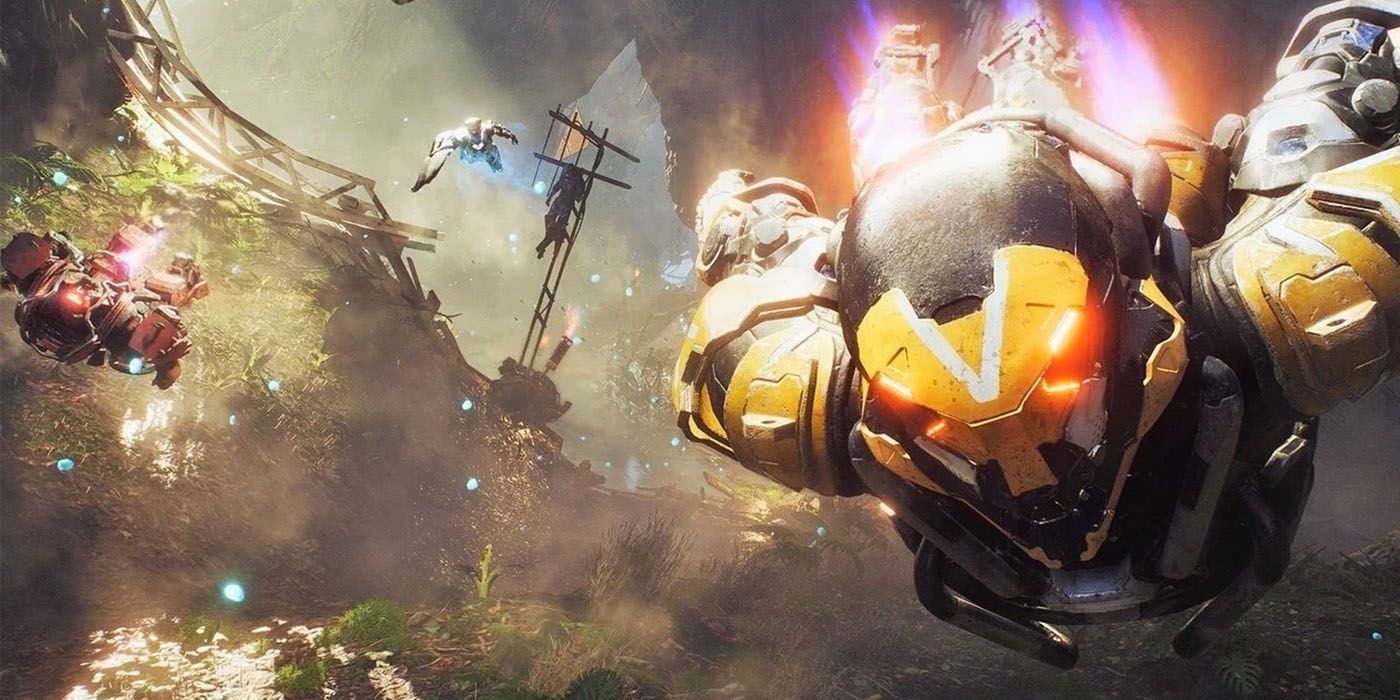
Anthem is a technically fine game. With that said, BioWare's step into the world of online-interconnected gaming was in development for seven years, and in that time, the hype surrounding the title, which released in 2019, was almost impossible to live up to.
While most of that can be chalked up to a developer stepping way outside of its comfort zone, the game's repetitive gameplay and grindy nature soured a lot of people on a title that actually had some good ideas.
4 Worth It: Team Fortress 2
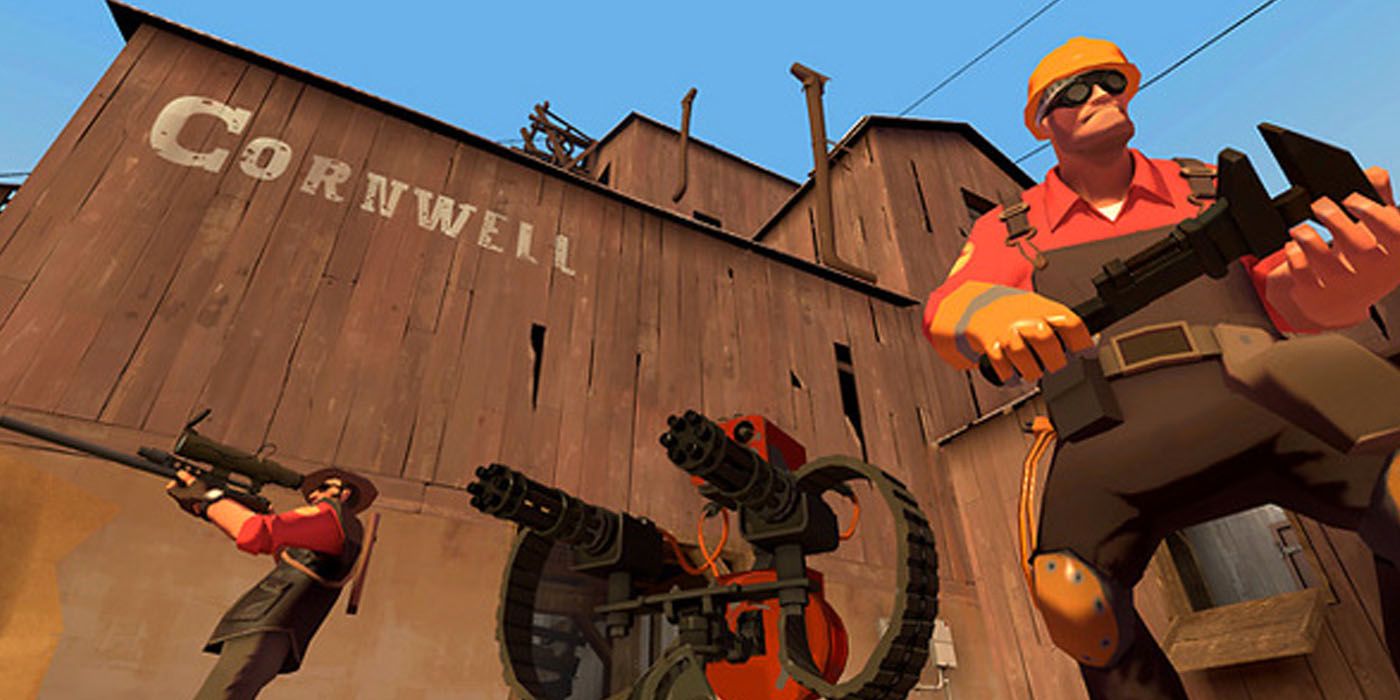
Valve's popular online team-based shooter laid the groundwork for similar titles we still love today. Yet, if the talented development team was a little impatient, maybe we would be saying something different.
Development for the game started in 1998, but a change in engine along with other tweaks to design caught this game in development hell for nine years. When it finally launched in 2007 as part of the Orange Box, however, it was loved by fans and critics alike, who adored its fast-paced combat and amazing level design.
3 More Time: Aliens: Colonial Marines
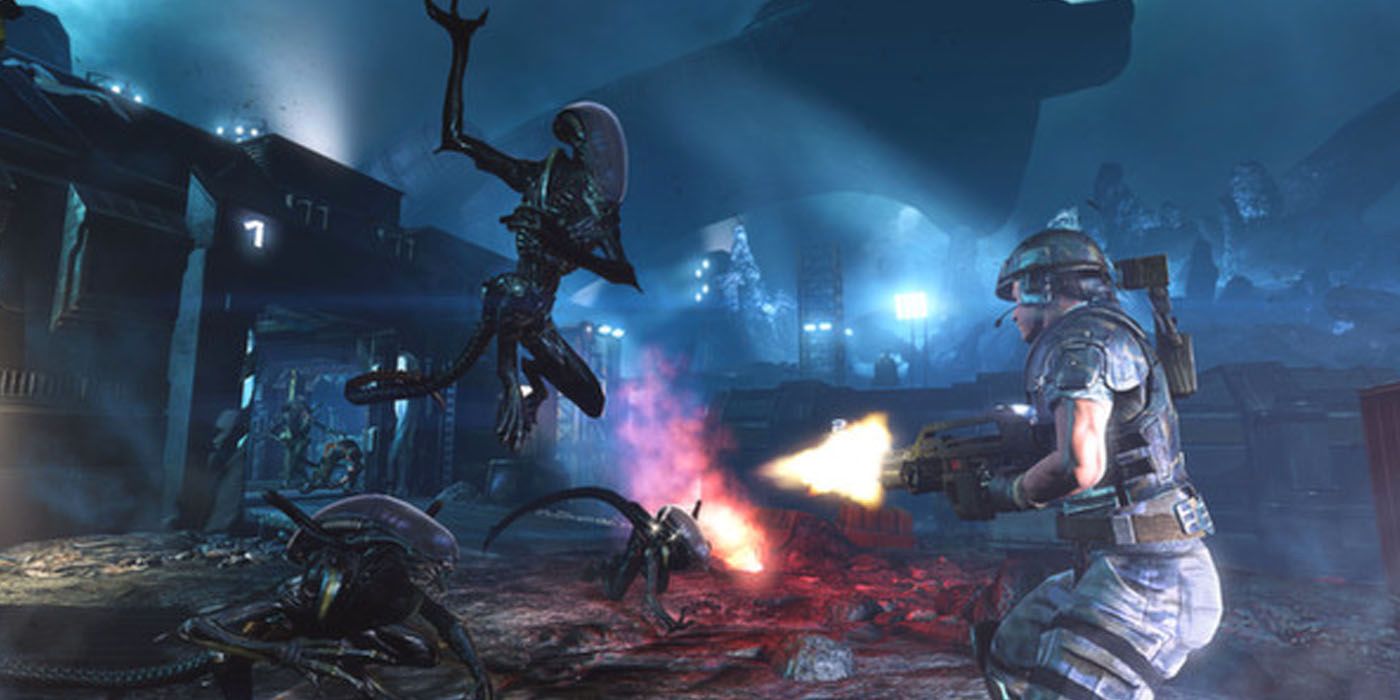
Aliens: Colonial Marines was hyped up to be the Aliens game fans have been waiting for. Pitched as a game that would be complete, players were met with bugs, glitches, and dumb AI. To make matters worse, publisher Sega ended up taking Gearbox Software to court over the marketing of the title.
Yet, if we take all that mess out of the equation, Aliens: Colonial Marines spent six years in development and the result was not worth the wait.
2 Worth It: Resident Evil 4
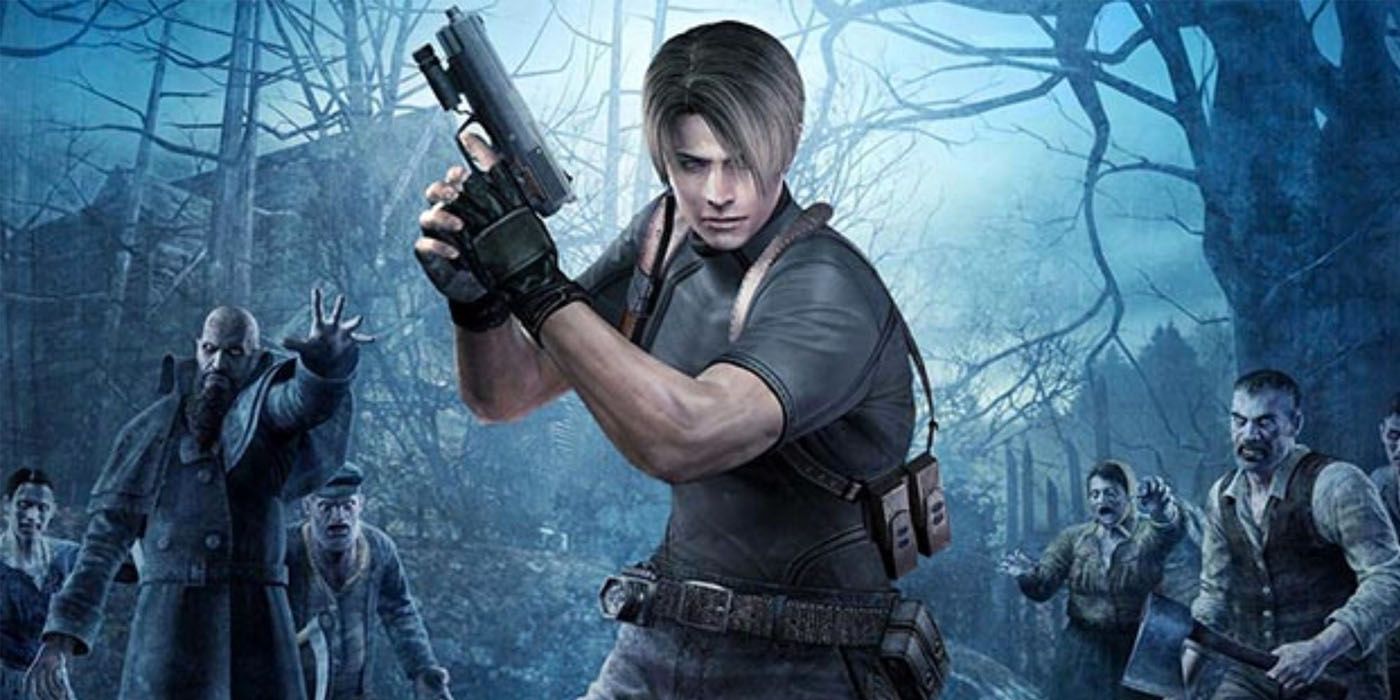
If you were to ask gamers to make a Mount Rushmore of video games, odds are, a large portion of those asked would put Resident Evil 4 up there. With a strong story, interesting characters, solid gameplay, and the perfect mix of horror and action gameplay, it was everything players could ask for in the anticipated sequel to the beloved franchise.
It took time to get there, however, as the game started its development in 1999. For those unaware, the game released in 2005. The six-year cycle is pretty long, normally, we can expect three-to-five years, but the result was great.
1 More Time: Duke Nukem Forever
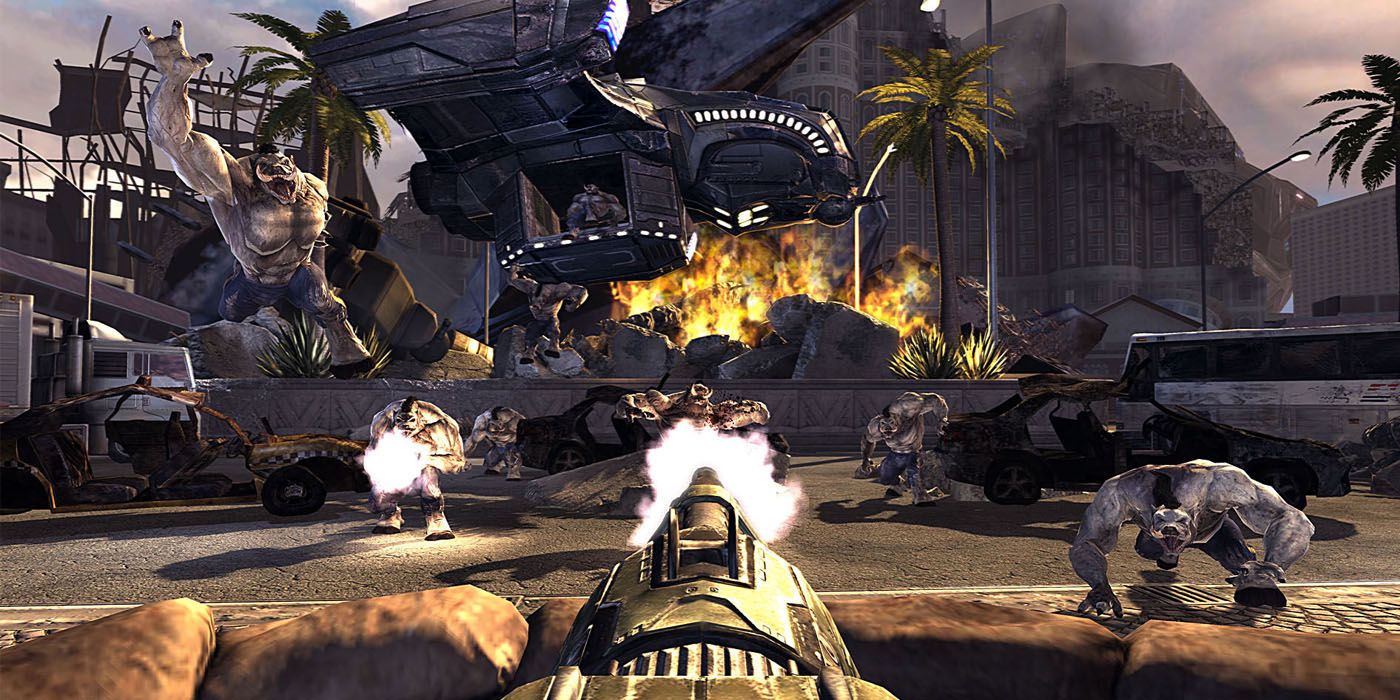
For those old enough to remember, Duke Nukem Forever seemed like it would never be released. As a highly anticipated sequel to 1996's Duke Nukem 3D, the title was stuck in development hell for 15 years. While this wasn't a consistent decade and a half of development, the game jumped from developer to developer until Gearbox Software finally published the title in 2011.
The result was a title that was ripped apart by critics and gamers for out of date humor, poor controls, and poor graphics. While 15 years is a long time to be in development, maybe a few more with a focus could have saved this game.

Post a Comment